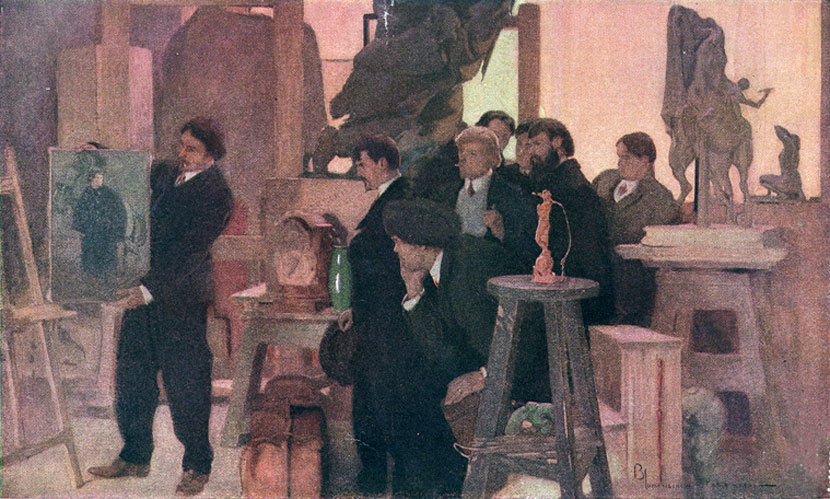
In 1931 Willa Cather wrote a short essay about her two “first novels,” as she referred to them. Her first first novel was Alexander’s Bridge (1912), which she called a “studio picture” set in London, because “London is supposed to be more engaging than, let us say, Gopher Prairie.” Like much of her early fiction, it was heavily influenced by Henry James and Edith Wharton, at the time “our most interesting novelists, and most of the younger writers followed their manner, without having their qualifications.”
Her second first novel, and the one that truly launched her career and made her famous, was O Pioneers! (1913). For Cather, writing this novel, which was published a decade before “novels of the soil” became fashionable, “was like taking a ride through a familiar country on a horse that knew the way.”
In several ways, then, Cather’s story “The Namesake” is an early link between these two styles of writing; there is a noticeable shift between the framing device, set in Paris and reminiscent of James’s fiction, and the story-within-the-story, set in Pennsylvania (with a brief, startling flashback to the Civil War), which may remind readers of Stephen Crane.
We present “The Namesake” as our Story of the Week selection, and in our introduction we explain, as best as we can, the mystery of the origin of Willa Cather’s name.



